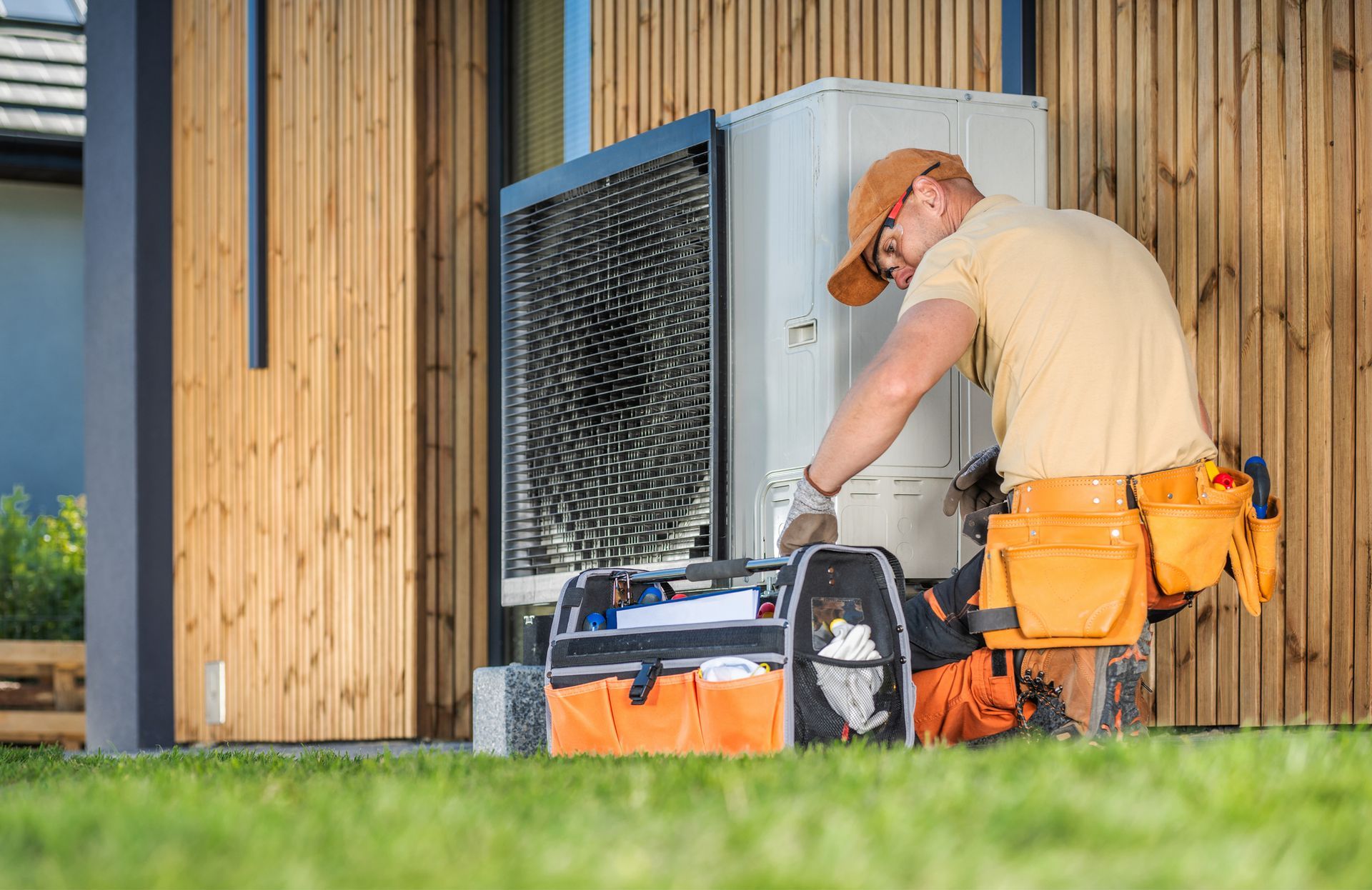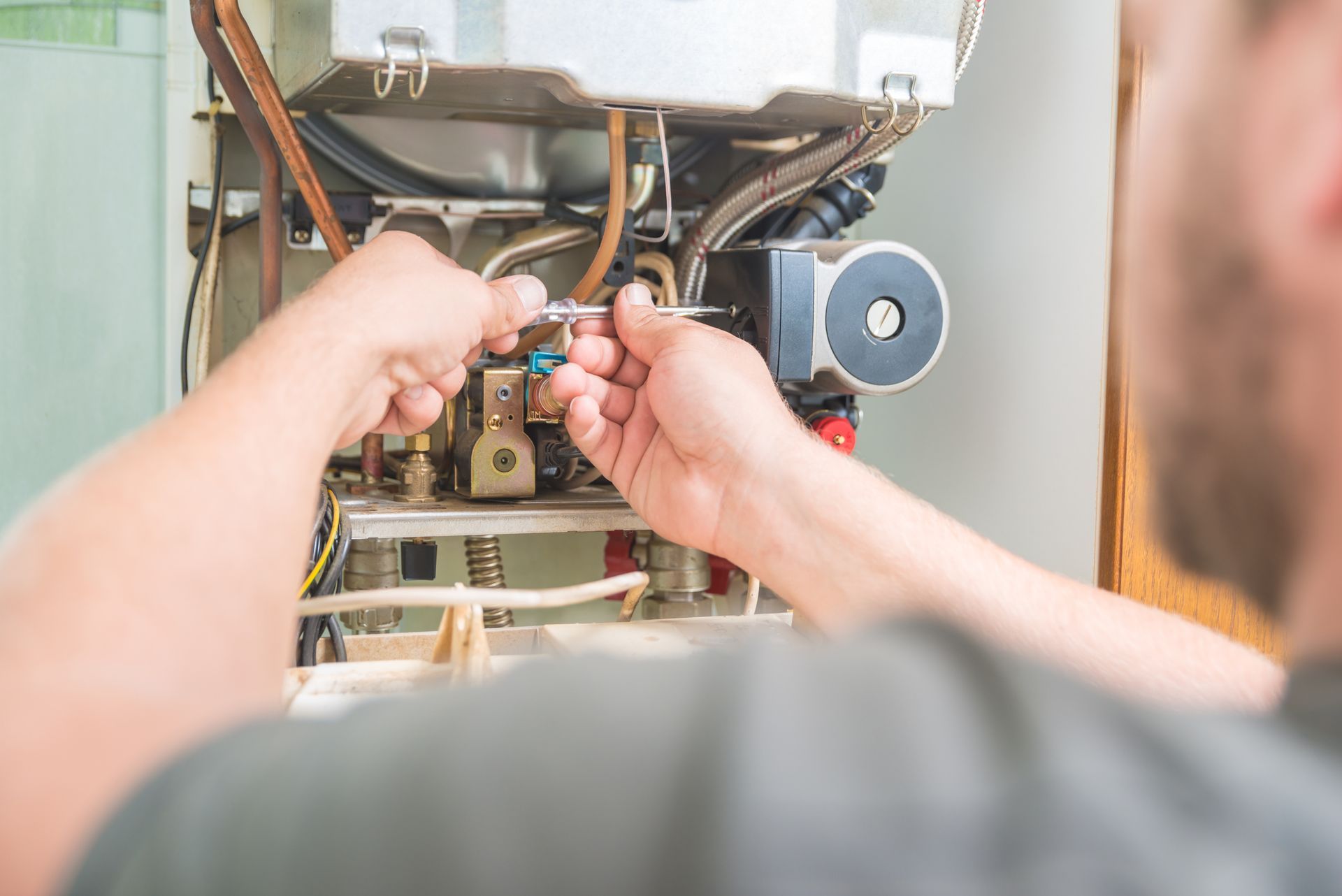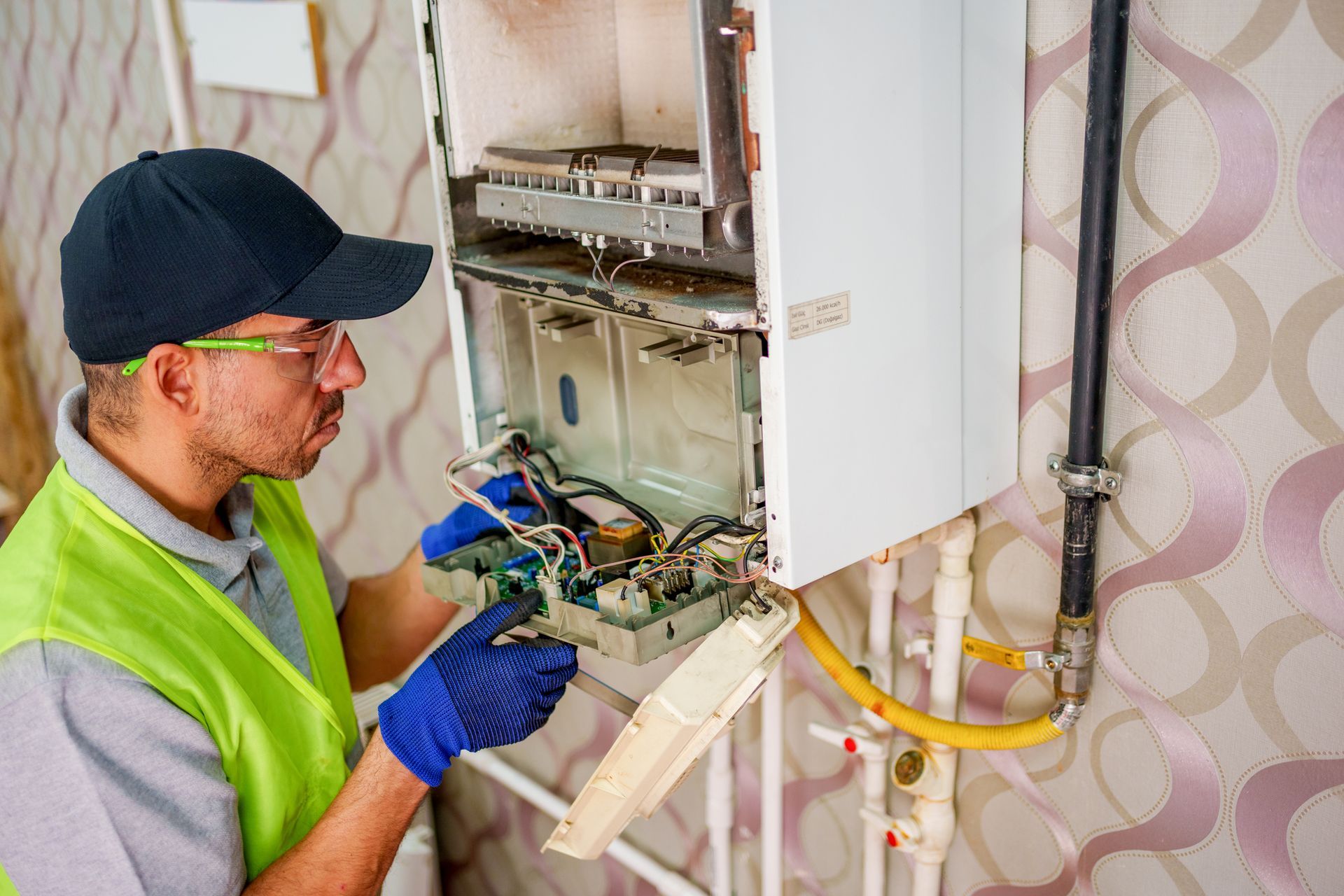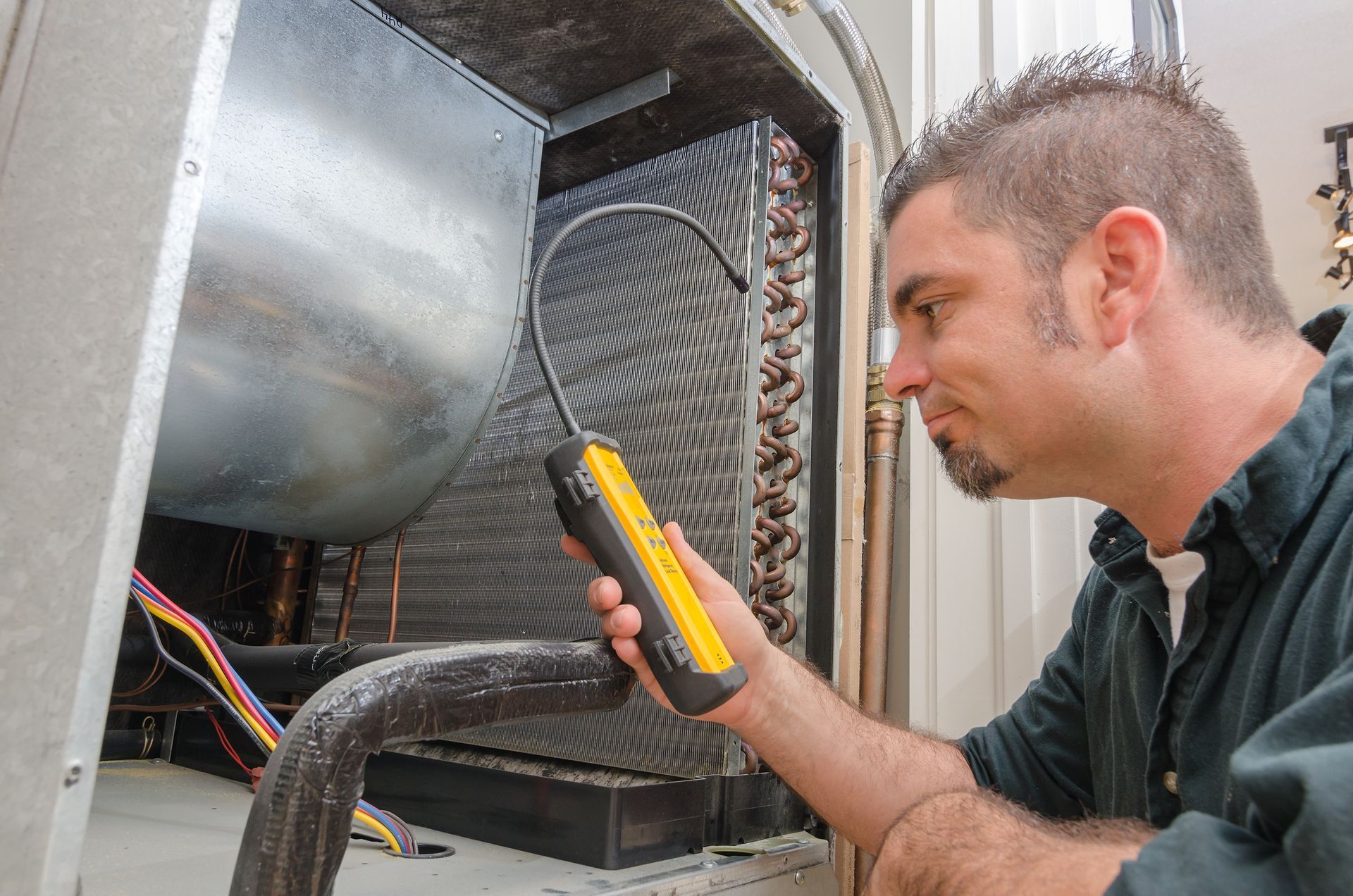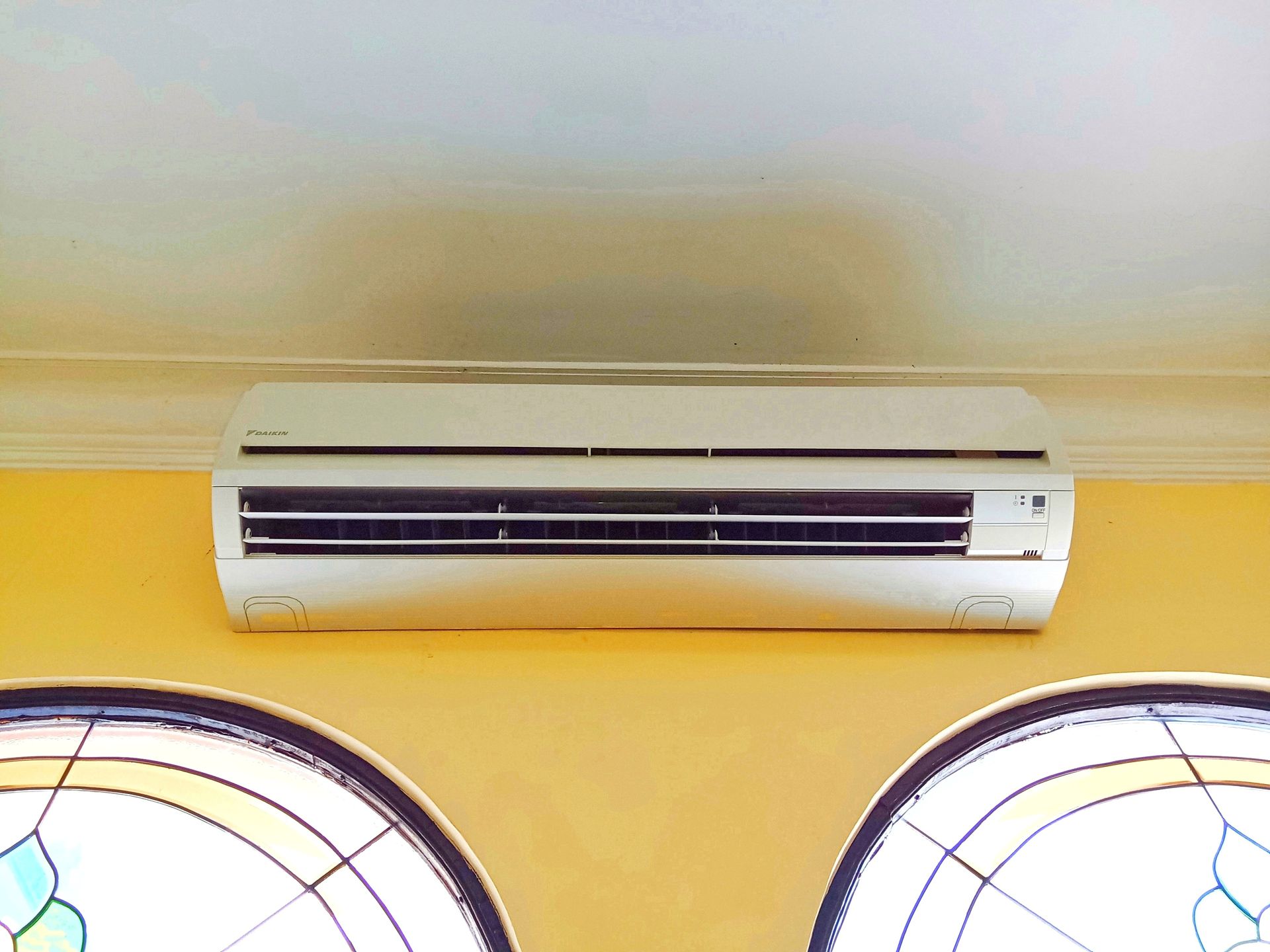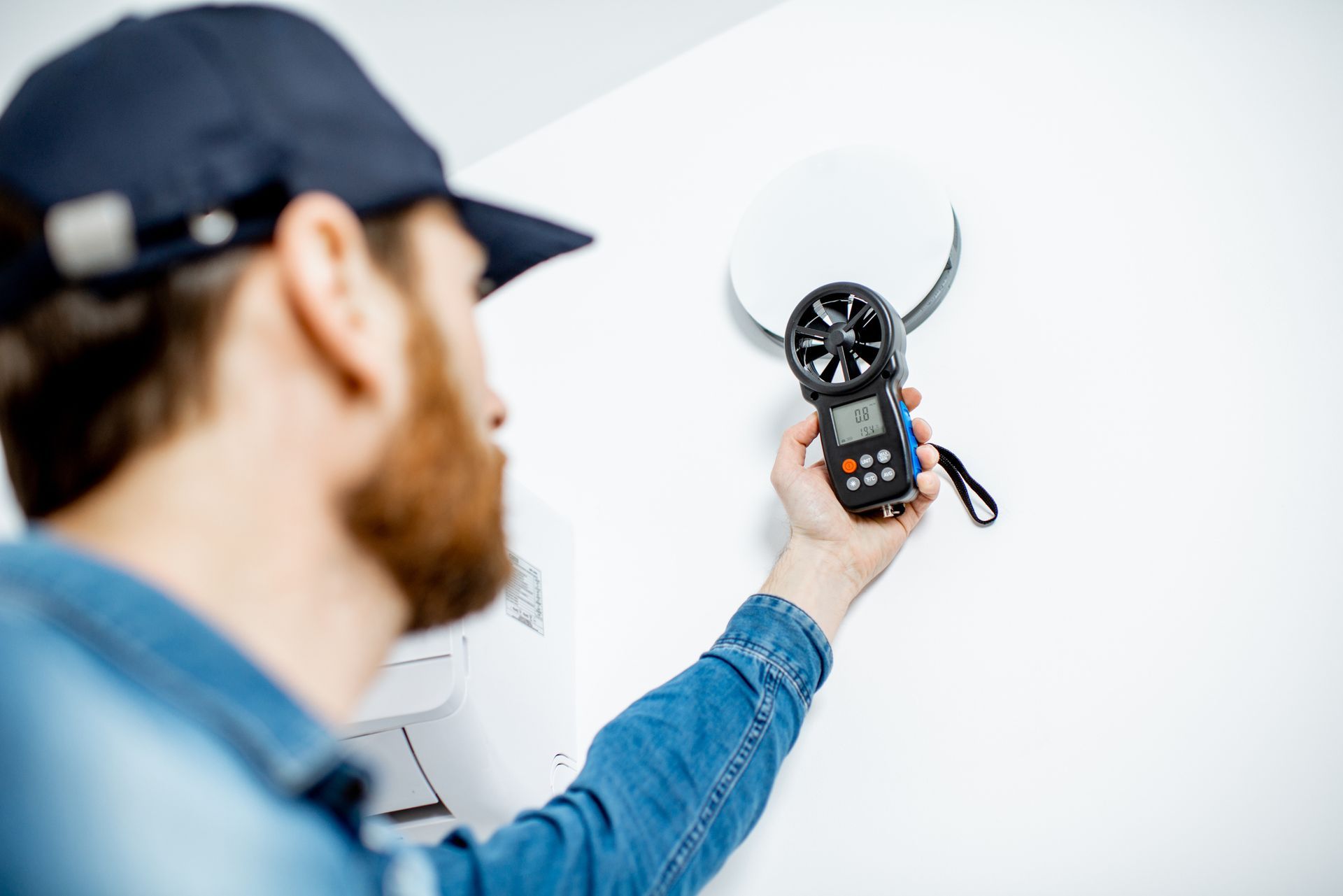Furnace vs. Heat Pump: Which Should You Choose?
Joven Schlatter • December 1, 2020
Furnace vs. Heat Pump: Which Should You Choose?
Homeowners have many choices for keeping their homes warm in winter. Two of the most common for American homes are furnaces and heat pumps. These options make homes warm using vastly different methods of generating and distributing heat.
As Corpus Christi heads toward the winter season, which one is right for you?
Differences between furnaces and heat pumps
A furnace uses fuel, usually oil or natural gas, to produce hot air in a combustion chamber. The air gets forced through the HVAC system’s ducts and circulates throughout the house. Since the heat from a furnace is produced through flames, it maintains a consistent temperature in all climates. Some furnaces run on electricity with no need for outside fuel.
A heat pump, on the other hand, simply moves warm air around. It sucks cold air out of the house and replaces it with warm outside air. It's the opposite of how an air conditioner works in warm weather — in fact, some pumps have reversible cooling and heating modes for use in both winter and summer. Heat pumps are usually electric-powered.
Pros and cons
Furnaces:
A furnace warms up the house no matter how cold the weather gets regardless of outside air conditions. A furnace contains fewer moving parts, which means it usually requires less maintenance and can last between 20 and 30 years.
However, a furnace that uses oil or natural gas to produce heat is less energy-efficient and eco-friendly than a heat pump. The homeowner also must buy more fuel or electricity to keep the furnace operational, which can add up throughout the winter. Since a furnace tends to blow dry air, it can make skin feel uncomfortable.
Heat pumps:
A heat pump uses no outside fuel sources, so it’s better for the environment — you don’t have to worry about carbon monoxide leaks. It costs less to install and usually doesn’t take a big bite out of utility bills. Some models can be switched in summer to produce cooler air, so they’re more versatile than furnaces.
Although many heat pumps work well in all sorts of weather, some are much less effective when temperatures dip below freezing. In some areas a heat pump may be more expensive to operate than an oil or gas furnace, depending on local electricity costs. A heat pump may also require more maintenance than a furnace and has a shorter average life expectancy of 10 to 15 years.
Which is right for you?
Choosing whether to install a furnace or heat pump comes down to two questions: How hot do you like it, and where do you live?
Furnaces are the most popular choice for heat in areas like the northern United States that have extended winters that get very cold. No matter how frigid or freezing it gets outside, a furnace keeps the house toasty and comfortable.
Heat pumps may not deliver as much raw heat as furnaces, but they may provide more than enough warm air to homes in areas that don't have long or harsh winters. Since Corpus Christi's winter season is much briefer and milder than northern towns, many locals get by quite comfortably with a well-maintained heat pump.
Logicool Air Solutions installs and maintains both heat pumps and furnaces for the Corpus Christi winter. Contact us to schedule a service call before winter starts.

